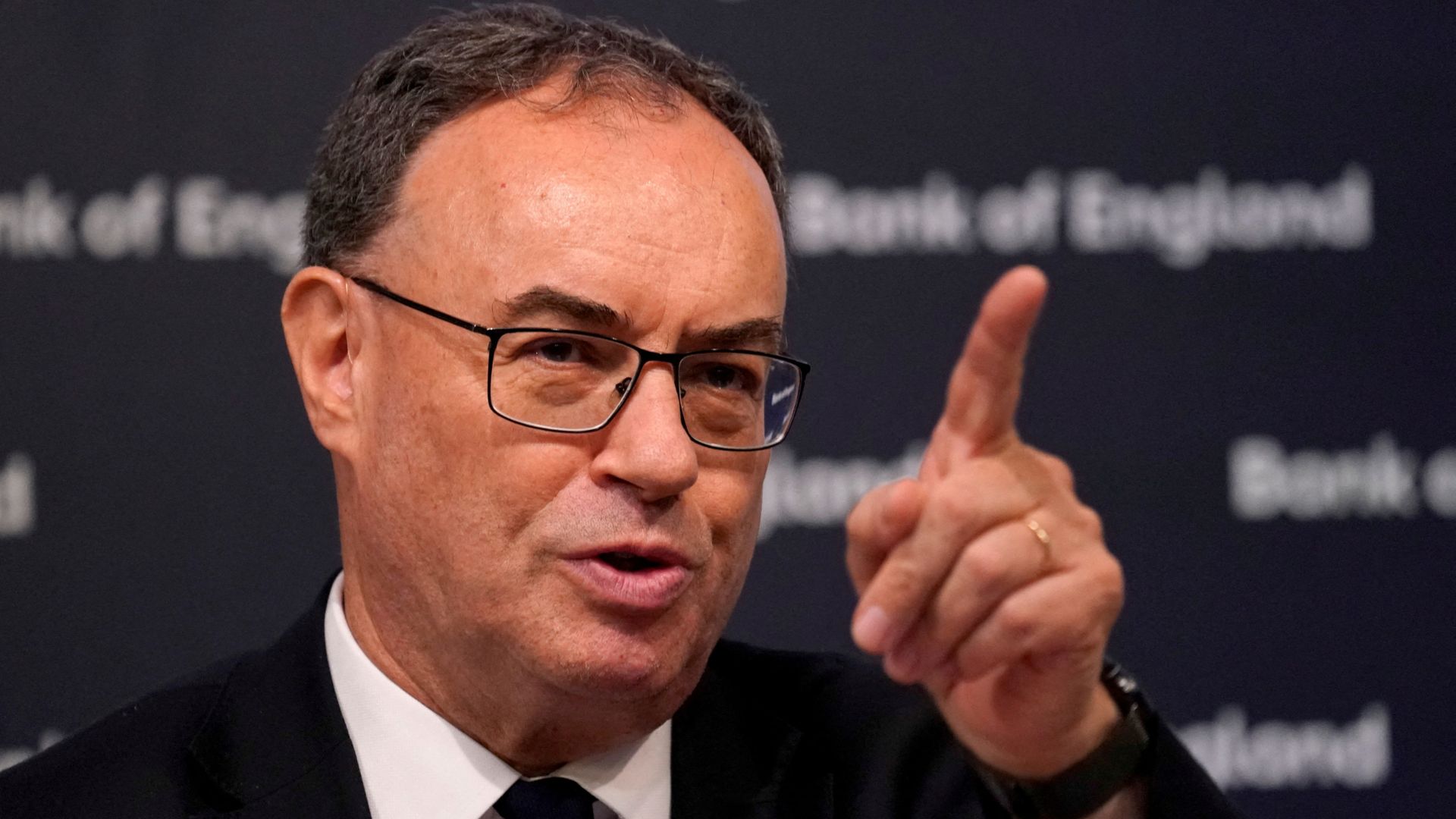Very few will be surprised by the Bank of England’s decision to keep rates on hold at 4.75%. What is more striking is the policy rift that has emerged.
Three members of the rate-setting committee voted to cut rates while the other six opted to keep them as they are.
It reflects some of the competing challenges facing the economy.
Inflation is climbing with underlying pressures proving stubborn. At the same time the economy is flatlining and in desperate need of a boost.
This is the growth versus inflation bind trapping central bankers.
Money latest: How mortgage experts view Bank’s interest rate decision
It is also exercising the markets.
There have been some big swings over the past week, with investors paring back their bets on the trajectory of the interest rates.
Hopes of one more cut before Christmas were all but dashed after a slew of economic data gave central bankers cause for concern.
The big one was wage growth, which is considered a harbinger of rising prices.
Average earnings rose by 5.2% in the three months to October, welcome news to many after the sustained fall in living standards we’ve experienced over the past few years. However, it’s too high for the Bank of England’s liking.
Then the inflation rate for November came in at 2.6%. That was above the Bank’s 2% target but broadly in line with expectations. Nevertheless, it is higher than where the Bank thought it would be around this time of the year when it published its most recent forecasts last month.
Those forecasts were revised upwards on the back of the chancellor’s budget, which included a big increase in public spending and higher business taxes – some of that will be passed on to consumers in the form of higher prices.
The Bank said the headline rate would stay above target for longer, hitting 2.75% before falling back. However, some economists now think it could peak at 3.1%.
Across the Atlantic, the Federal Reserve’s interest rate decision also dampened expectations back home. The Fed cut rates but signalled that it would be acting less aggressively over the coming year.
Read more from Sky News:
Water bills to rise by average 36% over five years
Bargain Booze owner eyes restructuring process
New York Sun owner races to salvage Telegraph deal
Follow our channel and never miss an update
While the Bank’s central forecasts had 100 basis points of cuts in 2025 – that’s around four cuts – markets are now predicting just two. However, the Bank confirmed its commitment to “gradual” cuts next year.
So, are the markets over-reacting? The governor did not say as much but he dropped a clue into how he is thinking.
He pointed out that the surprise data on wage growth, which caused moves in the markets was “noisy”, suggesting that it’s not as big a deal as some might think.





